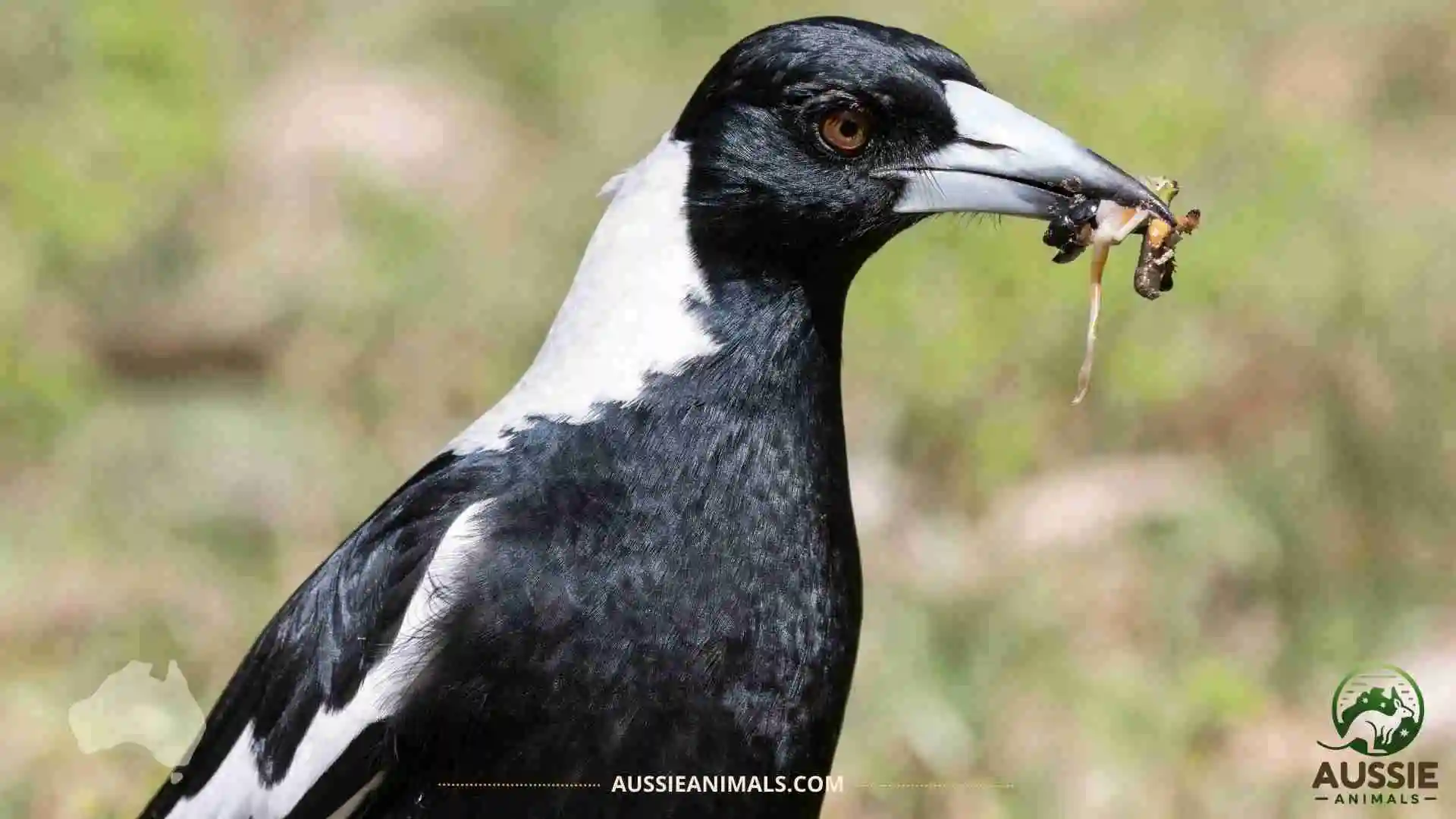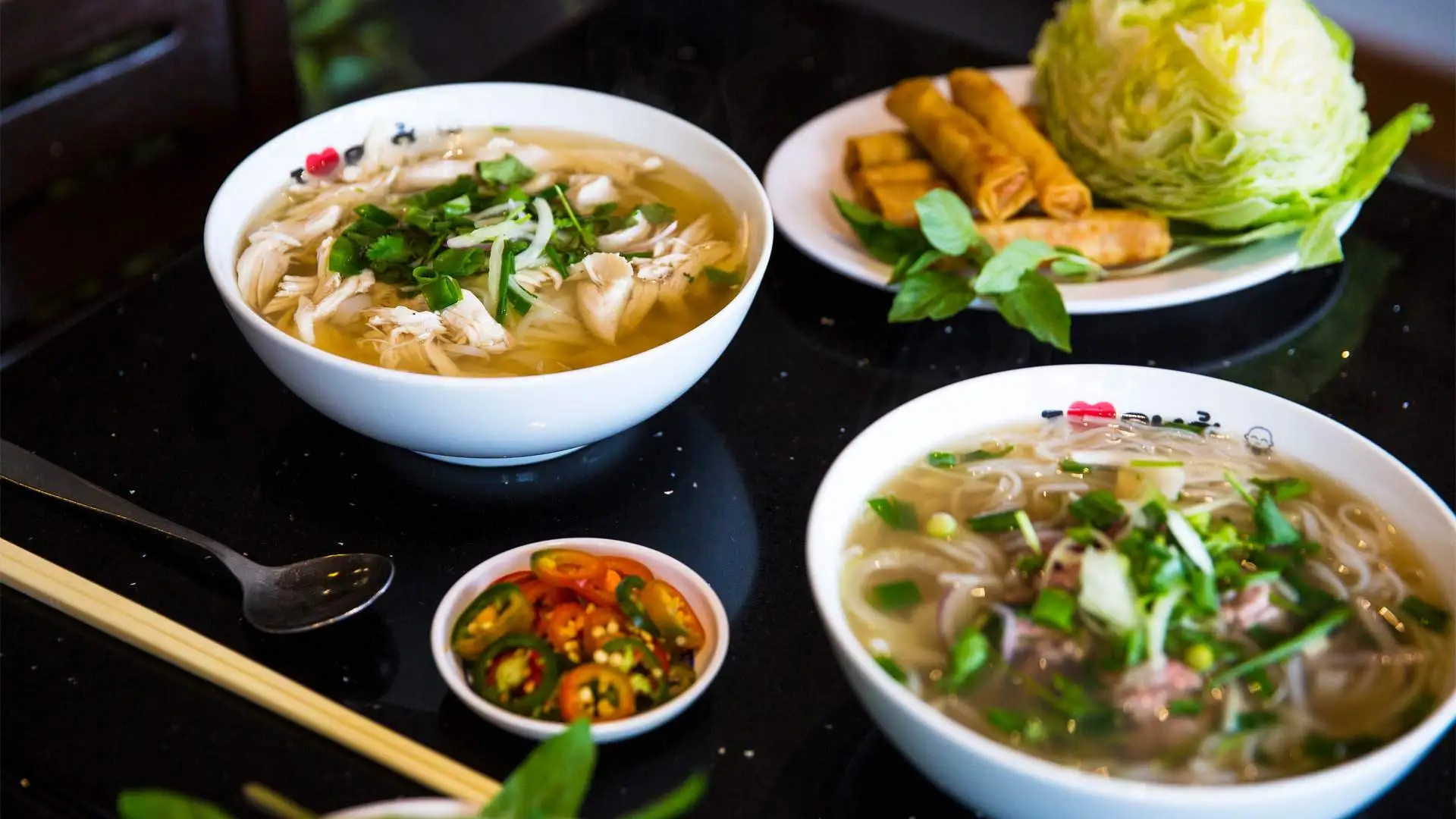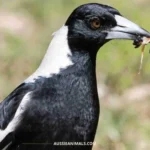Now Reading: What to Feed Magpies and What to Avoid
-
01
What to Feed Magpies and What to Avoid
What to Feed Magpies and What to Avoid

Magpies are a popular bird throughout Australia. Their happy warble, cleverness and curious nature make them a favourite for many Australians to watch from their gardens or local parks. While feeding magpies may seem harmless (and even generous), it is important to understand what to feed magpies. If feeding them is done the wrong way, it can create more problems than it can solve.
In this article, we will cover everything you need to know about what to feed magpies in Australia, how to do it safely, and what you want to avoid, so you can enjoy the company of these birds while keeping them healthy and flourishing.
What are magpies?
The Australian magpie (Gymnorhina tibicen) is regarded as one of our most recognised native birds. Because of its brilliant black and white plumage and its beautiful, carolling song, it can be spotted in most parts of the country, from neighbourhood suburban streets to expansive rural paddocks.
The magpie is an intelligent, sociable bird, often forming family groups that are very close-knit, and it is even known to recognise familiar humans. It is a ground feeder and a natural omnivore, so its diet is very protein-rich—the magpie eats a wide variety of insects, grubs, and small animals. Magpies are notorious for swooping in springtime, when they are protecting their young; at other times, they are largely sociable, friendly and calm around humans.
Why does feeding magpies matter?
Feeding magpies can be a wonderful experience for bird lovers, but it is important to meet their nutritional needs to help them thrive. In the wild, magpies are omnivores, primarily consuming insects, small animals, fruits, and seeds. Magpies are very resourceful foragers, but offering supplementary food can allow them to survive in inclement weather or urban areas with limited food.
Recommended foods for magpies
Magpies need to eat things that are similar to what they would find in the wild. Here are some of the healthiest foods they should eat:
1. Insects
Magpies love insects and consume them in large quantities. You can offer mealworms, crickets, and waxworms, whether they are living or dried. These can be purchased at pet stores or online, or you might be able to catch them in your own garden. These insects are packed with protein and help magpies in the wild.
2. Lean meats
Magpies like lean meats, especially small bits of cooked or raw chicken, turkey, and beef. Check to see whether the meat has any spices or additives that could be bad for birds. If you plan to give raw meat, freeze it for at least three days to kill any potential parasites.
3. Eggs
Magpies get a lot of protein from eggs. You can give them eggs that are scrambled or hard-boiled. Avoid use butter or oil while making scrambled eggs, because they can upset the birds’ stomachs. Eggs are also a good source of vitamins and minerals that help bones stay healthy and provide you with energy.
4. Vegetables
Magpies are known to eat a variety of different vegetables, especially ones that are soft and simple to chew. You can give them sweet potatoes, carrots, spinach, and kale cut into small pieces. Leafy greens are good for you because they provide important minerals, including vitamins A and C, which boost the immune system.
5. Fruits
Magpies also like to eat fruit. They love berries, apples, grapes, and melons. Always remove seeds before offering fruit, as they could be a choking hazard. Fruit contains a lot of sugar, so don’t give it to them in large quantities, but it’s a great way to diversify their diet.
6. Grains and seeds
Magpies eat more than just insects. They also eat grains like oats and seeds such as sunflower and pumpkin seeds. These foods are rich in lipids and carbohydrates, providing energy for the birds. When you give seeds to magpies, don’t use salt or preservatives because they could hurt them.
7. Calcium-rich foods
Magpies require calcium to maintain strong bones and a resilient beak. You can aid by giving them crushed eggshells or cuttlefish bones. You can put these on or near food so that magpies can eat them. Giving them a natural source of calcium keeps them healthy.
Foods to avoid feeding magpies
Magpies will eat almost anything, but there are some things you shouldn’t give them since they could hurt the bird or make it sick.
1. Bread
People often offer magpies bread, but it is bad for them. It lacks essential nutrients and could cause digestive discomfort. Bread can also make your stomach bigger, which could cause blockages or other health problems.
2. Processed foods
Never give magpies chips, crackers, or any other processed meals that are heavy in salt, sugar, or preservatives. Eating these kinds of foods can make you sick, dehydrated, and have health problems for a long time.
3. Dairy products
Magpies can’t eat dairy foods like milk, cheese, and yoghurt because they can’t break down lactose. Dairy products can cause digestive discomfort, leading to feelings of unease or even nausea.
4. Chocolate and caffeine
Chocolate contains theobromine, a toxic compound that poses a danger to birds. Caffeine, on the other hand, can speed up the pulse rate, can be harmful in large amounts and even fatal. Keep magpies away from coffee, tea, chocolate, and any other caffeinated products.
5. Fatty or greasy foods
Magpies should avoid fatty or oily foods such as bacon, sausages, and leftover fast food. These meals can make you gain weight and, over time, give you heart disease. Stick to lean, healthful meats to keep their stomachs from getting upset.
6. Salty foods
Magpies are sensitive to high salt levels. Chips, processed meats, and other salty snacks might make you thirsty and hurt your kidneys. Before you feed magpies, make sure you know how much salt is in the meal.
Benefits of feeding magpies
Feeding magpies not only helps them eat, but it can also help you get along better with nature. Here are several good reasons to give magpies food:
1. Support during tough weather conditions
When the weather is bad, like during a drought or too much rain, magpies may have a hard time finding food. Magpies can stay healthy and full of vigour at these times by eating more.
2. Encouraging local wildlife engagement
You might see more animals if you feed magpies. It’s an excellent opportunity to observe these clever creatures up close, gaining insights into their behaviour, vocalisations, and interactions with their environment.
3. Promoting natural foraging behaviour
You can encourage magpies to behave more naturally by placing food on the ground, prompting them to search for it just as they would in the wild.
Create a magpie-friendly garden
The best approach to help magpies is to put natural food in your yard. This is how:
- Plant native plants such as grevilleas, wattles, and bottlebrush.
- Avoid using chemicals and insecticides that harm insects.
- Place leaf litter or mulch around it to attract insects and worms.
- Add logs or rocks to the environment to make it more diverse.
By encouraging magpies to get their food, you help them stay healthy and independent.
Tips for feeding magpies responsibly
It can be good to feed magpies, but only if you do it the right way. Here are some things you can do to make them healthier and happier:
1. Feed in moderation
It can be good to feed magpies, but don’t give them too much. If you give them too much food, they may get dependent on it and have a harder time getting food for themselves. They only require a bit more food every few days.
2. Avoid hand-feeding
Avoid hand-feeding magpies, as they may become overly reliant on humans for food. Put food in a safe, quiet place where people don’t often go so that they will look for it on their own.
3. Clean feeding areas regularly
If you want to feed magpies, make sure the location is clean and there isn’t any food left over that could attract pests or mould. Regularly cleaning the area where the birds eat keeps them safe and clean.
4. Provide fresh water
Magpies need food and clean water. Put a small bowl or bird bath in your garden so that the magpies may drink and bathe. This will contribute to maintaining the health of their feathers.
Conclusion
Feeding magpies is a great way to connect with nature, but it is important to make sure you are feeding them the right foods to keep them healthy. Stick with foods that closely resemble their natural diet, such as insects such as crickets, lean meats, and vegetables and avoid processed harmful foods such as bread, dairy products, and chocolate. With these things in mind, you are supporting the well-being of these beautiful birds and enjoying watching them flourish in your garden. Understanding what to feed magpies helps ensure that you provide them with the nutrition they need while also protecting their wild instincts.
























